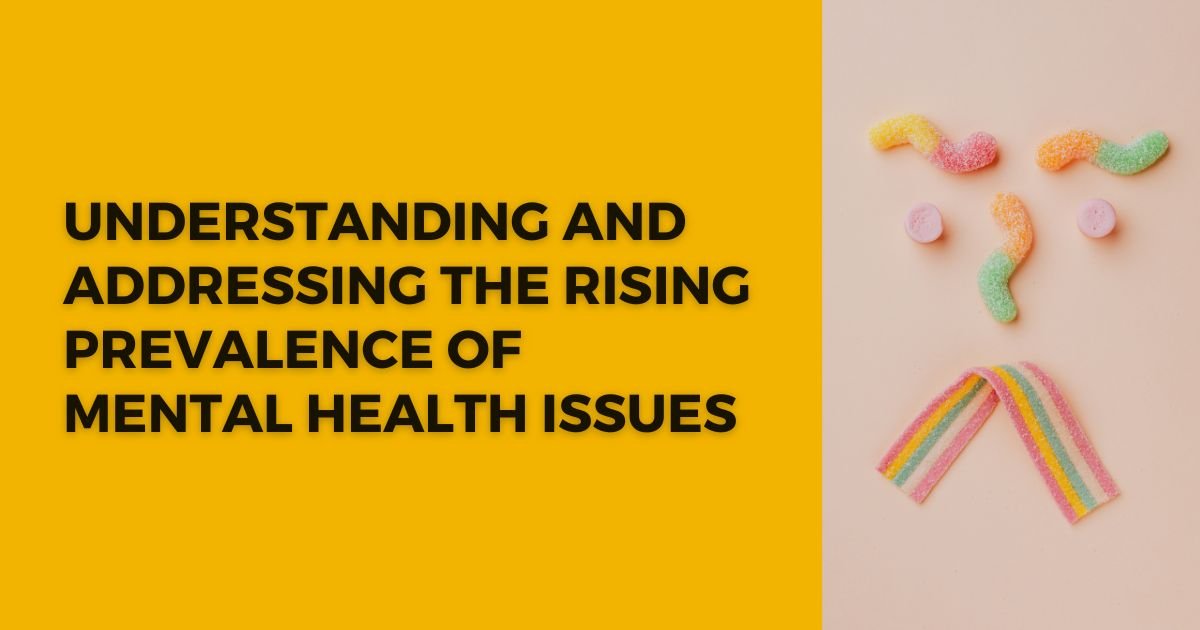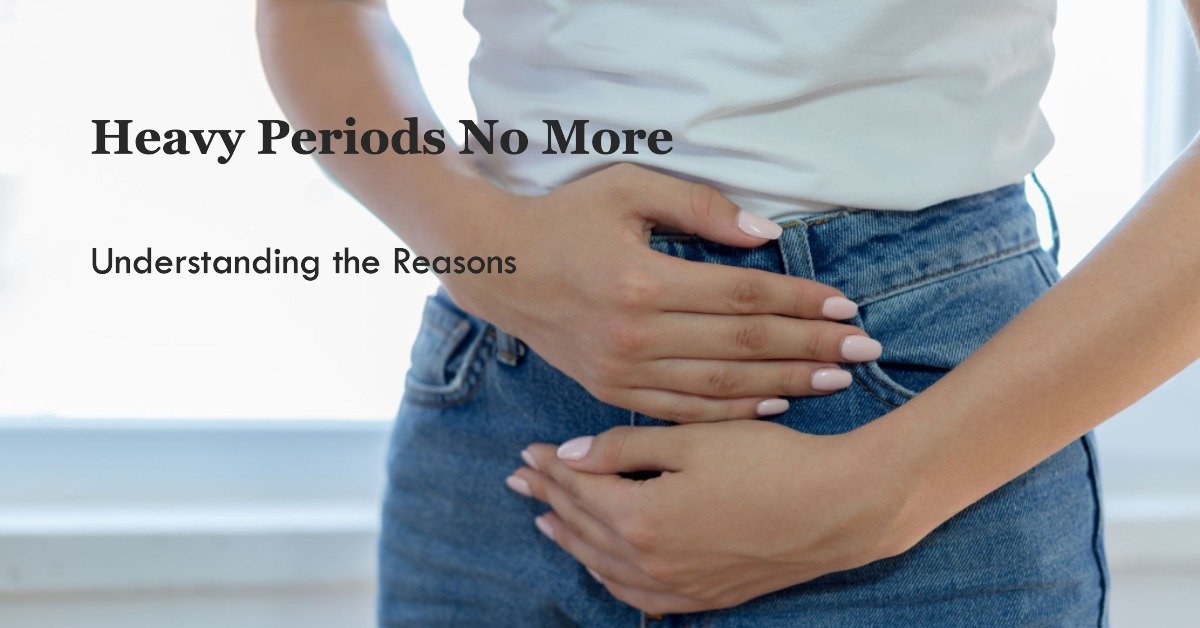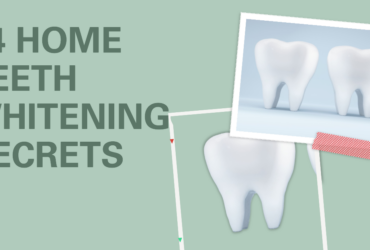Are you tired of dealing with heavy periods that disrupt your daily life? You’re not alone. Many women experience heavier menstrual flow than usual, but the good news is that there are answers and solutions. In this comprehensive guide, we’ll dive deep into the causes of heavy periods and provide expert insights and remedies to help you regain control and enjoy a lighter, more comfortable menstrual cycle.
Table of Contents
Understanding Heavy Periods
Heavy periods, medically known as menorrhagia, refer to excessive or prolonged menstrual bleeding. While the definition of heavy periods can vary from person to person, common signs include needing to change your pad or tampon every hour, passing large blood clots, and experiencing severe cramps. It’s important to note that heavy periods can be caused by various factors, both physiological and hormonal.
Causes of Heavy Periods
- Hormonal Imbalances: Fluctuations in estrogen and progesterone levels can lead to heavier menstrual flow. Conditions such as polycystic ovary syndrome (PCOS) or hormonal birth control methods can disrupt the natural hormone balance and contribute to heavy periods.
- Uterine Fibroids: Noncancerous growths in the uterus called fibroids can cause heavy menstrual bleeding. These fibroids can vary in size and number, leading to prolonged and heavy periods.
- Endometriosis: A condition where the tissue lining the uterus grows outside of it, endometriosis can result in heavy periods accompanied by intense pelvic pain.
- Adenomyosis: This condition occurs when the lining of the uterus grows into the muscular wall, leading to heavy bleeding, severe cramps, and sometimes an enlarged uterus.
- Polyps: Uterine or cervical polyps are abnormal tissue growths that can cause heavy bleeding during menstruation.
Remedies for Heavy Periods
- Medication: Nonsteroidal anti-inflammatory drugs (NSAIDs) like ibuprofen can help reduce heavy bleeding and alleviate cramps. Hormonal contraceptives, such as birth control pills or hormonal IUDs, can regulate hormone levels and lighten periods.
- Surgical Interventions: In severe cases or when other treatments fail, surgical procedures like endometrial ablation or hysterectomy may be considered. These interventions aim to reduce or eliminate heavy menstrual bleeding.
- Natural Remedies: Certain lifestyle changes and natural remedies can help manage heavy periods. Regular exercise, a healthy diet rich in iron, and stress reduction techniques like yoga or meditation can support overall menstrual health. Herbal supplements like vitex or raspberry leaf may also be beneficial, but it’s essential to consult with a healthcare professional before trying any natural remedies.
Expert Insights and Advice
When facing heavy periods, seeking professional guidance is crucial. A gynecologist or a healthcare provider specializing in women’s health can perform a thorough evaluation, diagnose the underlying cause, and suggest the most appropriate treatment options tailored to your needs. Remember, every woman’s body is unique, and what works for one may not work for another.
Conclusion
Understanding the causes of heavy periods and exploring the available remedies is the first step towards regaining control over your menstrual health. Remember, you don’t have to suffer in silence. Reach out to a healthcare professional, discuss your concerns, and together, you can find the best approach to alleviate heavy menstrual bleeding and enjoy a more comfortable period. Empower yourself with knowledge, embrace self-care, and say goodbye to heavy periods once and for all. Your menstrual health matters, and you deserve to experience the joy and freedom of a balanced and harmonious cycle.
FAQs
-
Are heavy periods a cause for concern?
While heavy periods are common, they can sometimes be a sign of an underlying condition. It’s essential to consult with a healthcare professional to rule out any serious concerns and find appropriate treatment options.
-
Can stress affect menstrual flow?
Yes, stress can impact your menstrual cycle and contribute to heavier periods. Practicing stress management techniques and self-care can help in managing the impact of stress on your menstrual health.
-
Can diet and exercise help with heavy periods?
Yes, maintaining a healthy diet and regular exercise can positively influence your menstrual health. A balanced diet rich in iron can help replenish lost blood, while exercise can promote overall well-being and hormonal balance.
-
Are there any natural remedies to reduce heavy periods?
Certain natural remedies like herbal supplements or lifestyle changes may help manage heavy periods. However, it’s crucial to consult with a healthcare professional before trying any natural remedies to ensure they are suitable for your specific situation.
To discover more insightful articles on various topics related to women’s health and well-being, click here.














Leave a Reply
View Comments